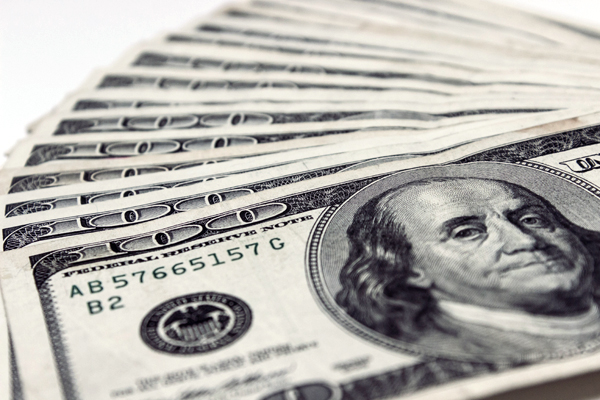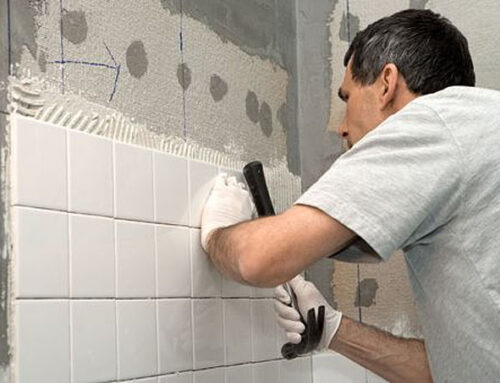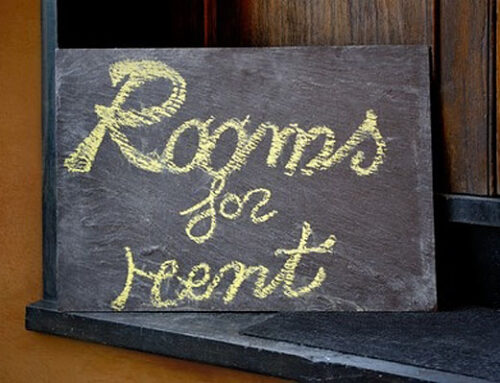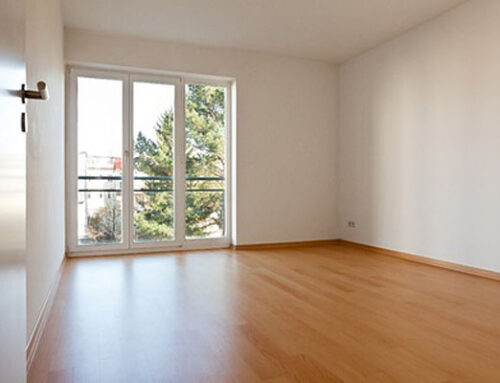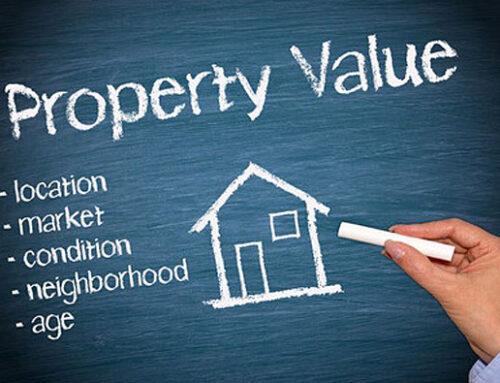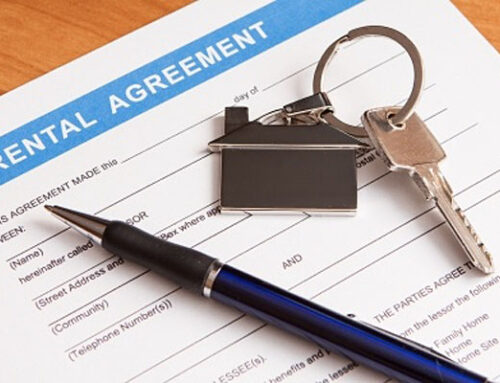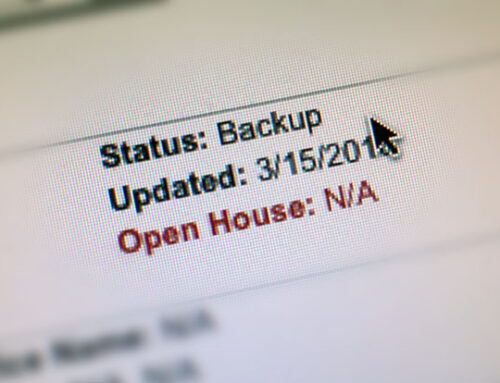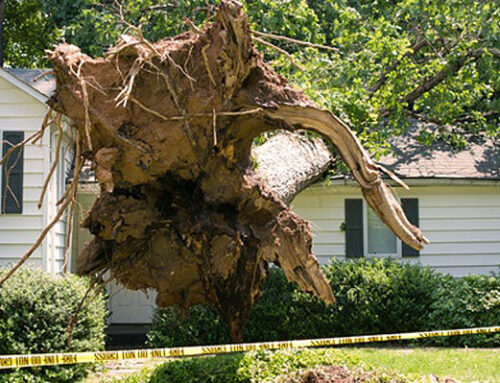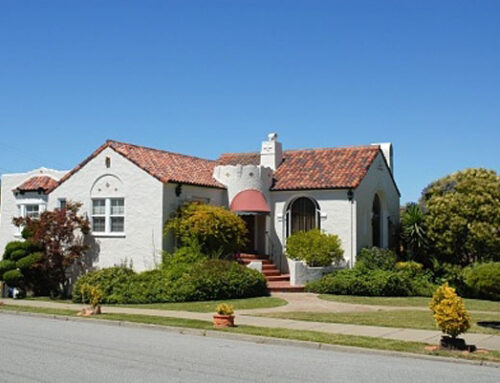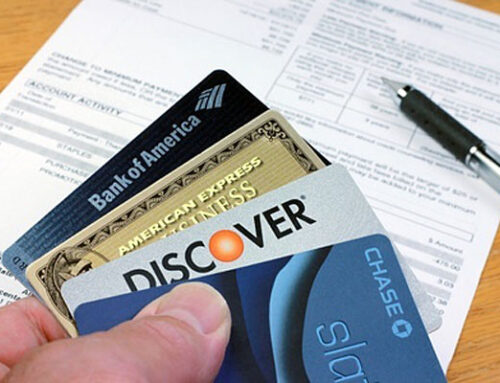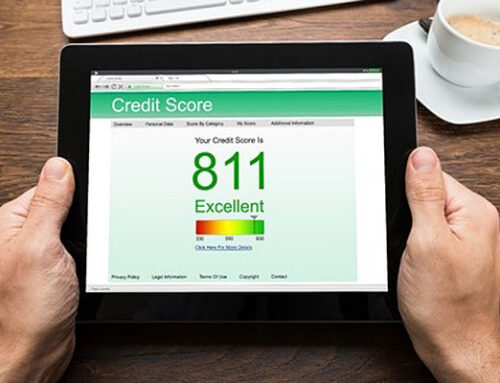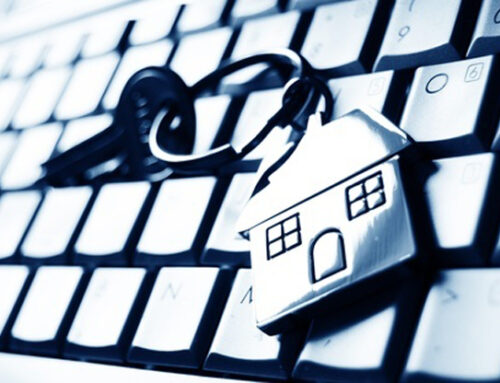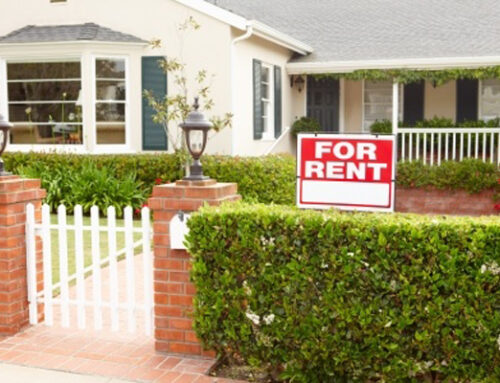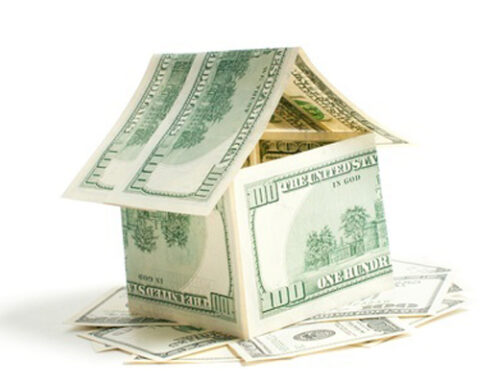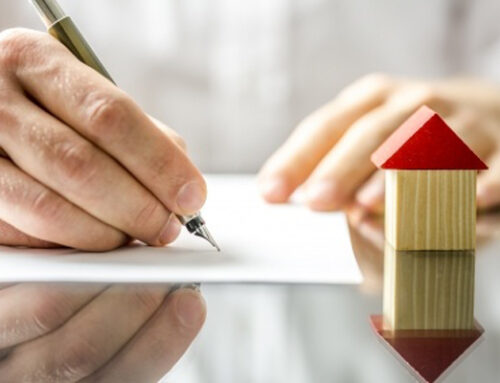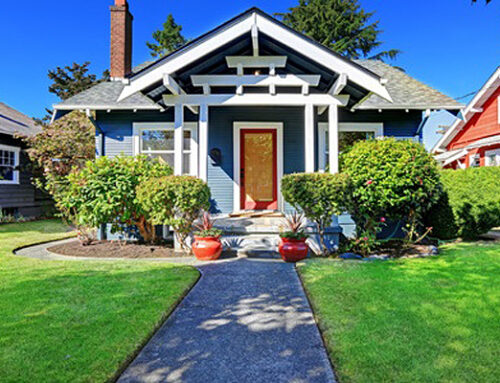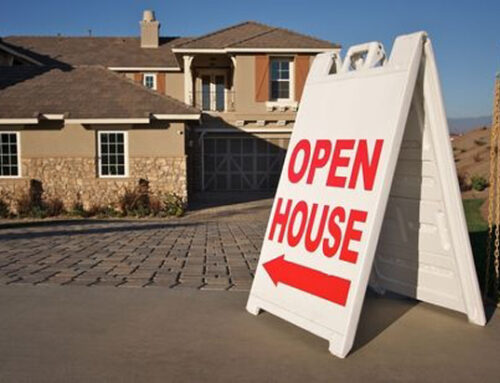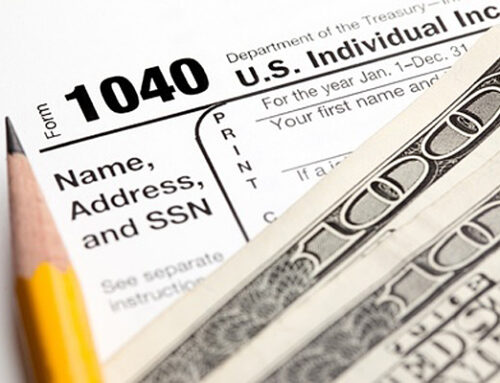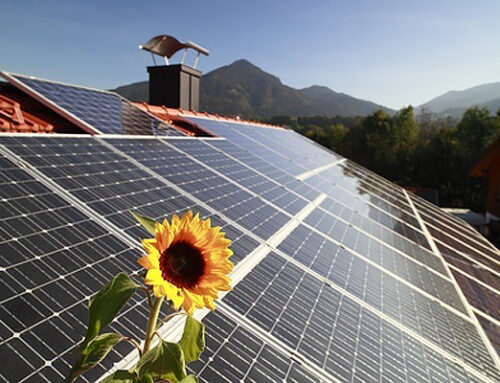When shopping for a home, many would-be buyers make the all-too-easy mistake of looking at the asking price of the home and thinking that’s all they’ll have to pay. Unfortunately, that’s not the case. Whether you give the buyer what they’re asking for the home, or luckily end up getting a lower offer accepted, there are a number of costs and fees that are going to drive up the total cost of the home.
The first cost you’ll likely come across is for that of a home inspection. Before a sale closes, some mortgage insurers will require that the home be inspected – a service which usually costs several hundred dollars. If an inspection isn’t required, it might just be worth it to have one done anyway. The hundreds you spend on an inspection can sometimes save you tens of thousands on repairs down the road.
According to Benjamin Franklin, the only certainties in life are death and taxes. Nowhere is this more true than when buying a home. Not only will you need to pay taxes on your purchase, but the government would like you to pay those up front – so be prepared to include taxes in the amount of your home loan. Actually, while you’re at it, make sure to include any survey fees and escrow costs into your loan, too, as these are usually required to be paid up front as well.
There are a number of fees that will need to be paid at closing, aside from the costs listed above. These fees include government recording charges, appraisal fees, credit report fees, title services, tax service fees, and lenders origination fees. If you’re starting to get worried that the closing costs and fees will price you out of the market – don’t be. Lenders are well-aware of the costs associated with buying a home and will help ensure that your mortgage covers what needs to be covered. However, paying what you can out-of-pocket isn’t always the worst idea, as you can save a significant amount of money over time via paying interest on a smaller loan.


